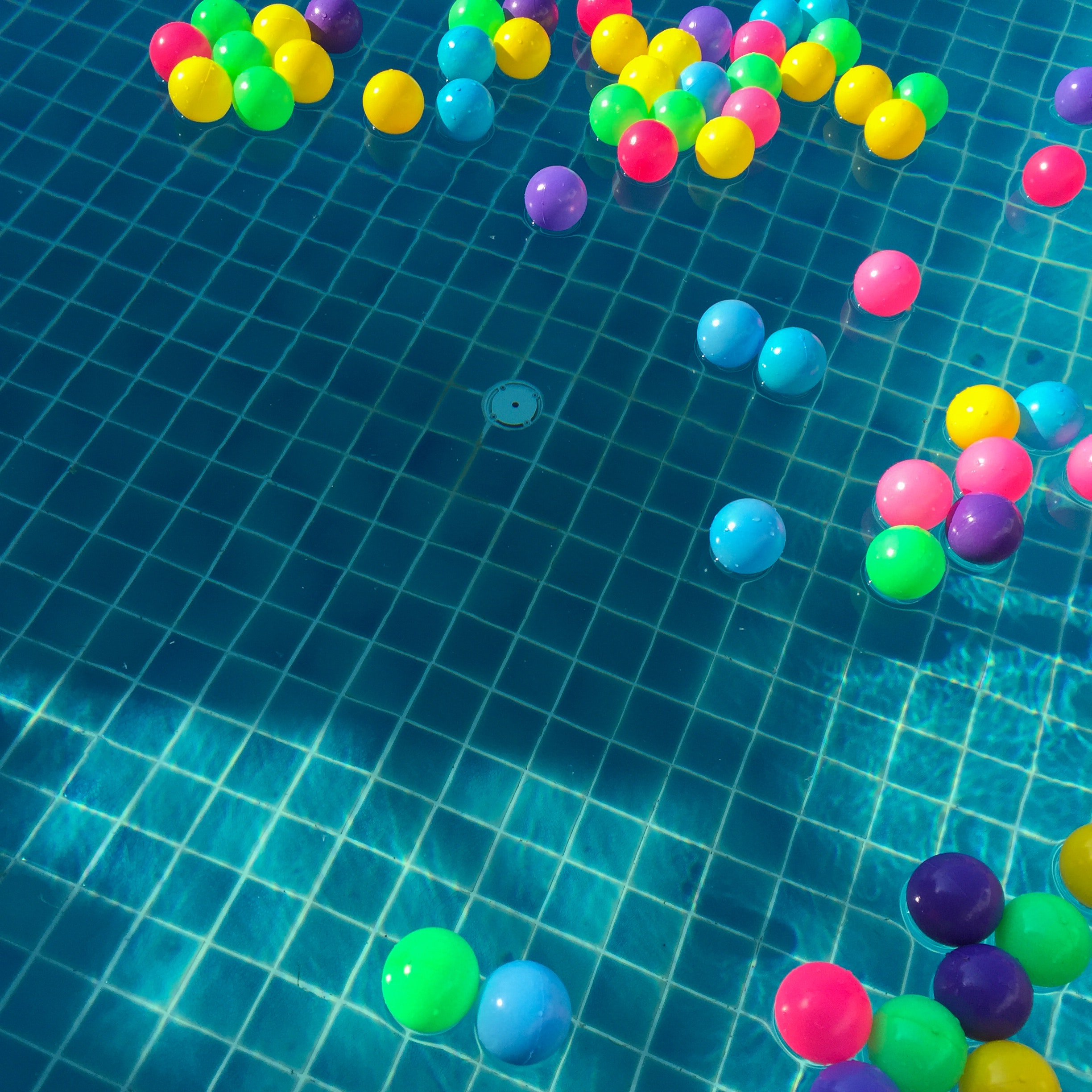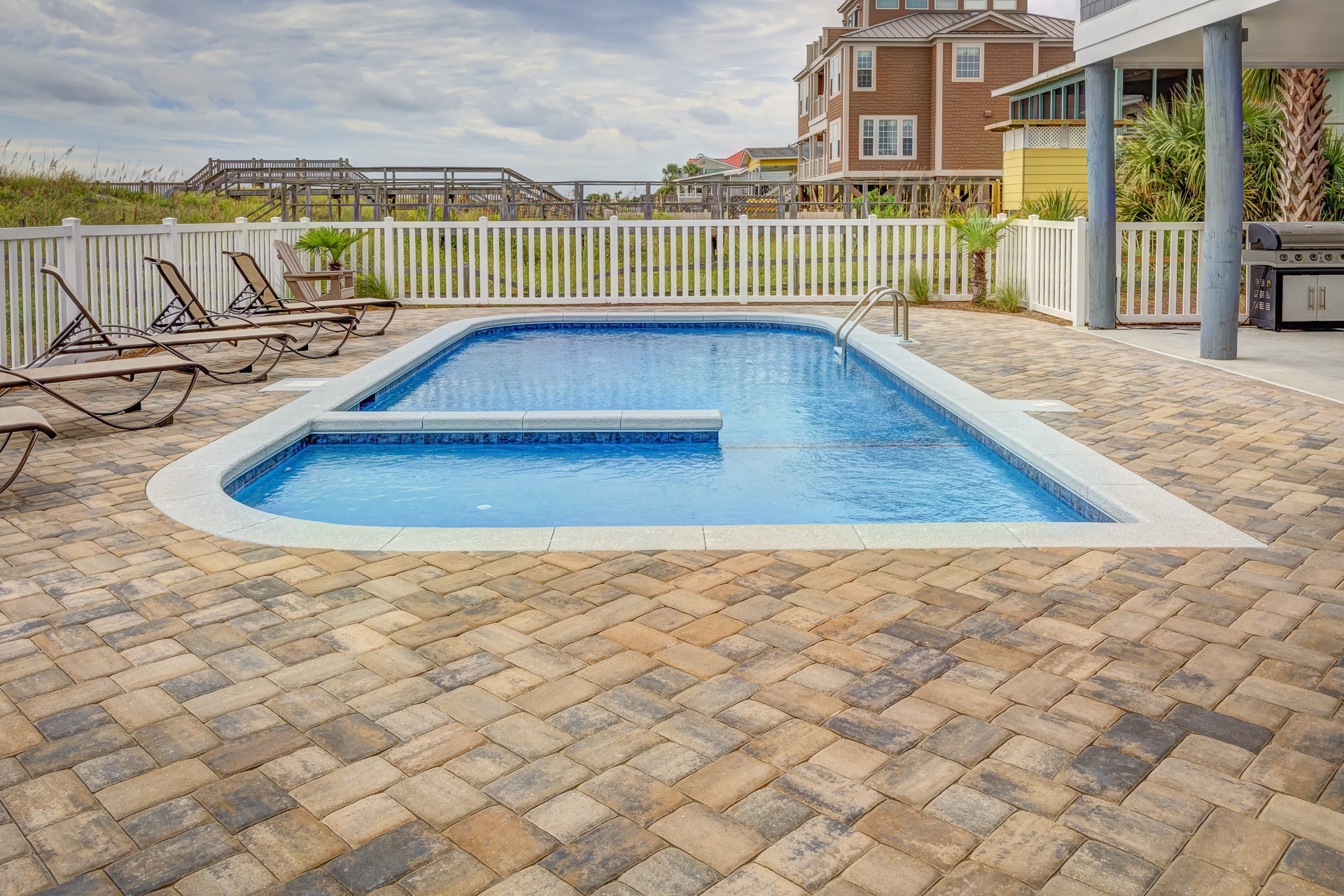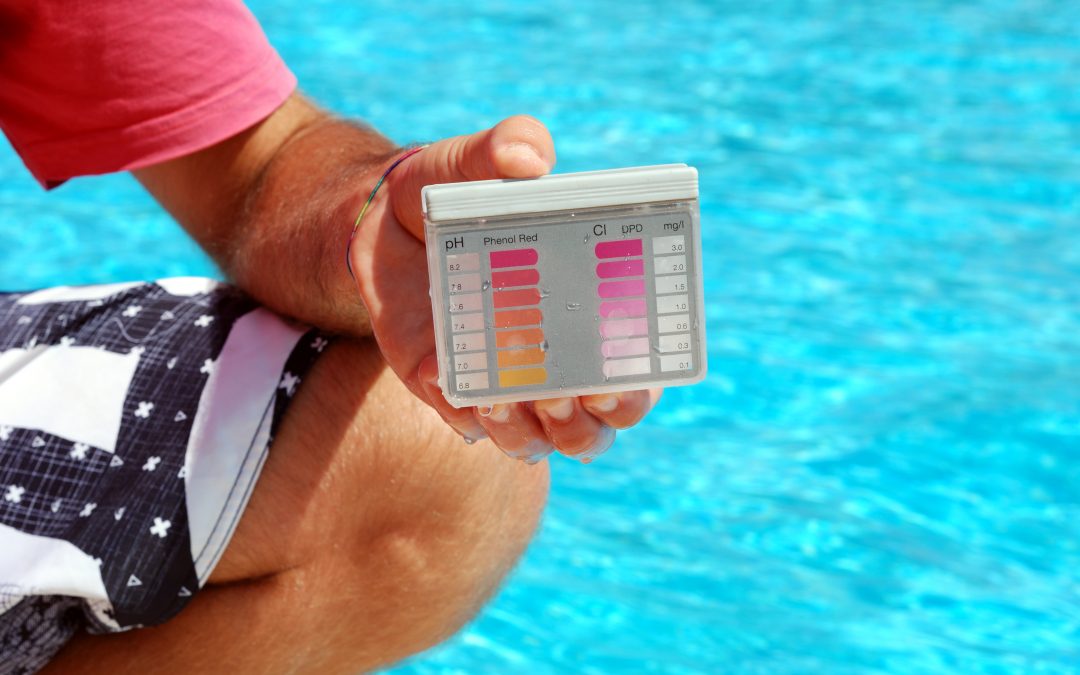If your pool water is green or cloudy or the water chemistry is “off” it could be because of an issue with the “heart” of your swimming pool — the filter. There is no piece of swimming pool equipment that is more crucial to the smooth operating of your swimming pool and to keep the water clean and bacteria-free.
The pool filter works to:
- Remove debris
- Clean out contaminants
- Filter out micro-organisms that can lead to bacteria growth
- Keep the water clean and safe for swimming
As with any piece of equipment, there will come that time when it just isn’t working up to its full potential. Your swimming pool contractor will notice the small changes in water chemistry and clarity when he pays a service visit and will let you know it’s time for maintenance, repair or replacement. When the pool pump isn’t working at 100% you will want to find the reason and address it as soon as possible. If you don’t, the bacteria, algae and other harmful contaminants will grow and could make you ill when you’re swimming. A pool filter that isn’t working as well as it should also lead to the use of more chemicals to keep the water clean and swimmable.
Could Your Pool Filter Be Causing Problems?
 There are a myriad of items that can lead to the swimming pool filter not performing as well as it should and here are a few your pool contractor will check and that you, if you’re a DIY-er can look at.
There are a myriad of items that can lead to the swimming pool filter not performing as well as it should and here are a few your pool contractor will check and that you, if you’re a DIY-er can look at.
Pool filter leaks
A leak in the pool filter is one of the most common problems you may face with your swimming pool filter. Thankfully, even though it’s the most common, it is also the easiest to fix. Signs of leaking are easy to spot because you will either see standing water or you will notice dripping. When you see any cracks or rust on the filter, you will want to consider the replacement of the entire tank. Yes, you can undertake a patch remedy, but it will fail after a time and you will just be prolonging the inevitable. A patch could work as a short-term fix in case you’re building up your budget for the replacement of the filter, but know it will not be a long-term way to address it.
If your pool contractor notices signs of rust on the filter tank he will inspect the interior of the tank to assure there is no interior rusting. He will turn off the pump, drain the filter then open the tank to remove any debris that may have collected inside. If the pool is a cartridge filter type, the filter will be removed, thoroughly cleaned and replaced.
Pool filter materials leaking out into the pool
What is that sand on the bottom of the pool? If the pool filter is failing, it could be from that. If you have a diatomaceous earth (DE) filter you may also see traces of that earth in the pool water as well. Sand or DE will settle on the bottom of the pool and will be easily stirred up when you’re swimming. If the sand or DE filter is not working as well as it should, the debris, microbes and contaminants will leach into the water — this also means that the filter just isn’t doing its job and needs to be inspected.
To address this, your pool contractor will turn off the pool pump and filter and inspect the manifolds and pipes for cracks or tears. The filter may be able to be replaced or repaired, but again this issue may require an entire replacement of the filter.
Pool filter is running on short cycles
Why isn’t the filter running when you know it’s:
- on a timer
- just been turned on
Short run cycles could mean the filter is experiencing one of these issues:
- It needs to be thoroughly cleaned. Bacteria, debris and algae can clog the filter and cause it to operate on short run cycles. A thorough cleaning may address the issue.
- When the filter was last backwashed, it wasn’t backwashed thoroughly, or long, enough. The backwashing process needs to be undertaken until the water in the sight glass is clear.
- The filter could be improperly sized for your pool size. A filter that is too small for your pool pump could lead to it being overworked and that could cause short run cycles. Ask your pool contractor to inspect the pool pump and filter and make certain you have the right size equipment for the size and style of your pool.
 The pressure is too high, too low or not showing a reading
The pressure is too high, too low or not showing a reading
- Pressure that’s too low could mean there is a clog in the filter. The filter pressure gauge should have a reading of between 8 and 15 pounds. A clog could occur anywhere in the plumbing and may require a professional pool contractor to inspect it.
- Pressure that’s too high means the water flow is being restricted in some way as it passes through the filter. If the pressure gauge is over 15 pounds (or the highest pressure for the filter you have) call your pool contractor as this could lead to major damage with the pool equipment. A high reading could also mean the filter is just too dirty to do its job.
- If there is no pressure reading, this means it could be broken from wear and tear or that the gauge itself is broken. Not knowing the reading is dangerous and needs to be addressed immediately — as do all of the pressure readings mentioned.
Don’t always blame the filter
Not every issue with the pool water chemistry and clarity is the fault of the filter. If your pool contractor comes out and discovers that the filter isn’t the cause of the problems, he will look at the other components and pool equipment and determine what the case it and work to address it.
Pay attention to your pool, the water and any standing water or unusual noises you hear around your pool. When you notice something out of the ordinary, check it out and if you can’t figure out the cause, call your pool contractor.

